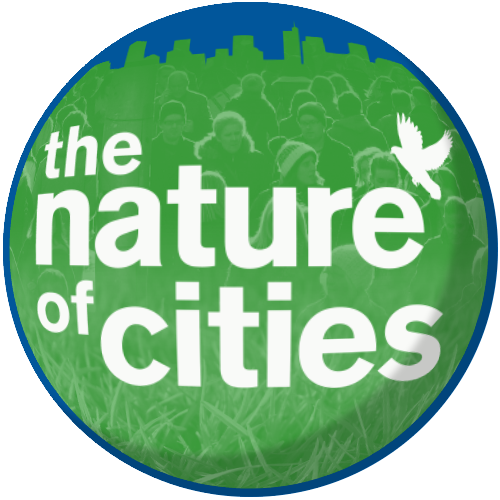22 August 2023
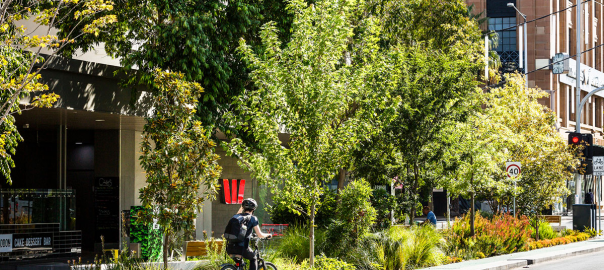
Biodiversity is receiving much attention at the moment, not least among landscape architects in Australia. In 2018, David Maddox on this website posed the following provocation: “Landscape architects are the practitioners of biodiversity’s meaning through their acts of shaping nature into ‘spaces’. They have their hands on definitions of biodiversity...
1 Comment(s)Join our Conversation
7 August 2023
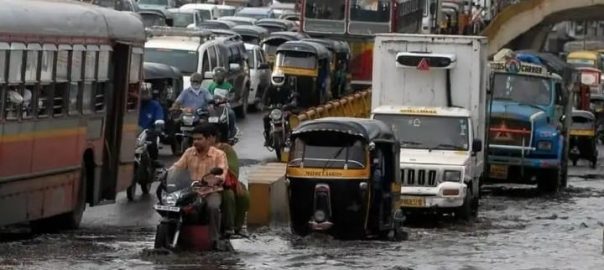
There is no dearth of global reports discussing the impacts of global warming and its direct impact on sea level rise, rising temperatures in cities, and irregular and extreme weather events such as cyclones and rainfall combined with severe water shortage and drought. These events are no longer what can...
1 Comment(s)Join our Conversation
2 August 2023

For SPROUT’s third issue, the editors were inspired by The Nature of Cities’ (TNOC) recent art exhibition, Shade, and invited contributors to draw on the exhibition’s virtual installation as a conceptual springboard to contemplate the theme of shade through a poetic lens. We asked poets to reflect on the role...
0 Comment(s)Join our Conversation
31 July 2023

0 Comment(s)
Join our Conversation
17 July 2023
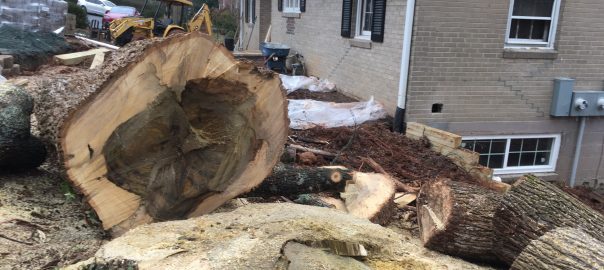
Several weeks ago, I was startled when taking a typical morning walk to find that a large and majestic white oak tree had been cut down and lay in the front of a neighbor’s yard. It was a shocking and sad sight, a tree I had admired almost daily, reduced...
5 Comment(s)Join our Conversation
26 June 2023
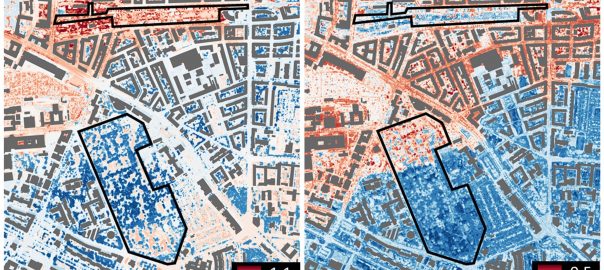
Assessing the cooling function of urban parks under heat and drought conditions Thanks to the cooling function of the vegetation, urban parks offer cool, pleasant places in cities during hot summer days. Urban parks are also places for recreation and social interaction. In parks, people go jogging or cycling, meet...
0 Comment(s)Join our Conversation
21 June 2023
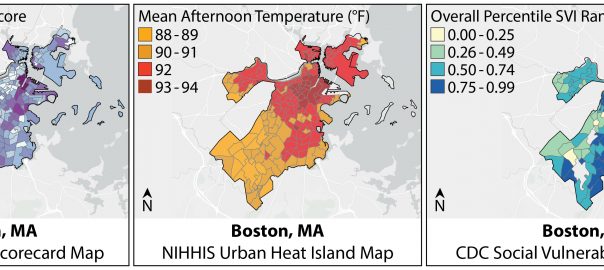
Cities everywhere are getting hotter due to climate change and the urban heat island. Places like the Pacific Northwest in the United States, which historically was not concerned about extreme heat as a climate risk, have experienced unprecedented heatwaves in recent years (White et al. 2023). These deadly events, as...
0 Comment(s)Join our Conversation
13 June 2023
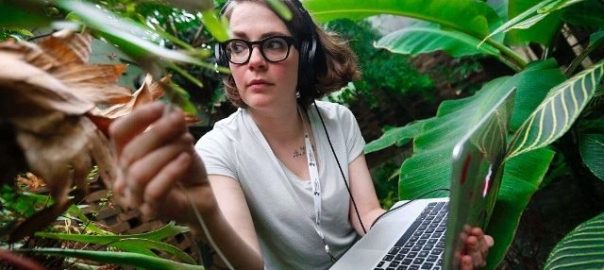
In early 2018, the Assiniboine Park Conservancy, which is located in the western part of the city of Winnipeg in Manitoba, Canada, announced that they would be demolishing their conservatory in April, citing the end of the structure’s lifespan. At that time, artist Helga Jakobson was experimenting with designs for...
1 Comment(s)Join our Conversation
12 June 2023

0 Comment(s)
Join our Conversation
29 May 2023
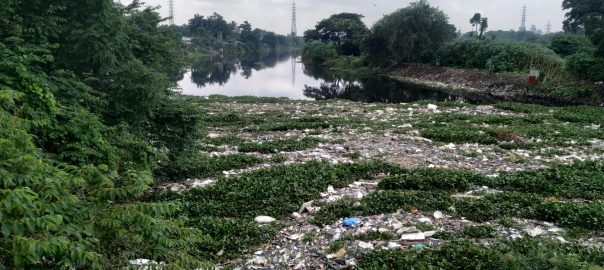
“Sewage water is a bonus for us.” This is what a farmer in the east Kolkata wetlands had to say about the traditional practice of farming using a mix of sewage and freshwater. The wetlands situated in peri-urban Kolkata, a metropolitan city in eastern India, have a fascinating history linked...
0 Comment(s)Join our Conversation
17 May 2023
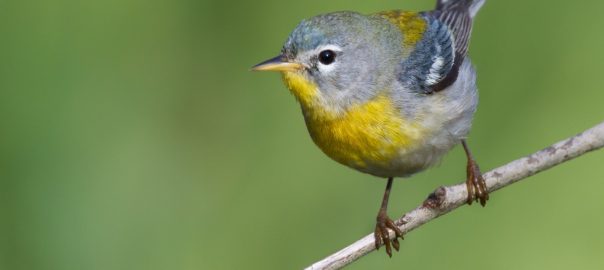
Interior-forest specialist birds are reported to primarily require large, undisturbed forest areas in which to breed (Archer et al. 2019). Why do these species need interior forest conditions? Conservationists and research suggest that these species are vulnerable to the increased predators that are found in fragmented areas. Also, the abundance...
0 Comment(s)Join our Conversation
8 May 2023

The growing significance of sachet water in Ghana — the machine-sealed 500ml plastic bags of drinking water, known in local parlance as “pure water” — as a primary source of drinking water for households is important. It has a major impact towards the achievement of universal access to improved drinking...
1 Comment(s)Join our Conversation
5 May 2023
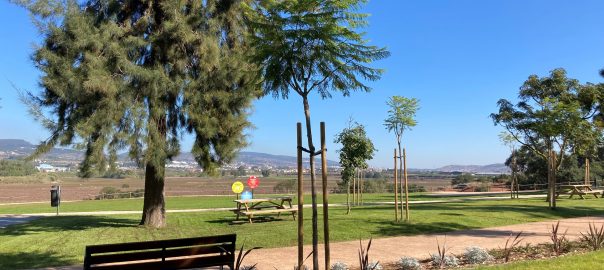
As urbanization intensifies around the world, and the devastating effects of global warming are increasingly evident, it is vital to promote urban ecosystems as a tool to achieve ecological balance within the city. Urban ecosystems are the base to guarantee healthy and sustainable places to live, work and visit. Urban...
0 Comment(s)Join our Conversation
24 April 2023
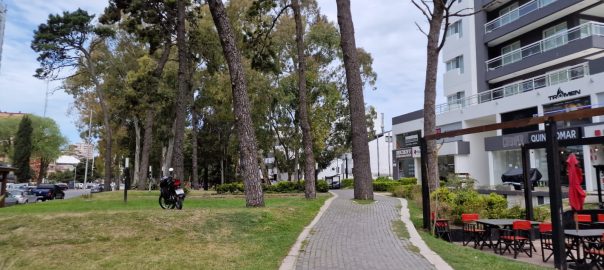
In Argentina, as a long weekend arrives many people living in the metropolitan area of Buenos Aires flee from the concrete and asphalt in search of Nature. There are many destination possibilities, but one that is undoubtedly a favorite is a garden city, 370 km south of Buenos Aires, which...
0 Comment(s)Join our Conversation
17 April 2023

According to modernist philosophy, cities are “human only” spaces built by and for the exclusive use of homo sapiens ― clean, sterile, artifacts of human imagination that symbolize humanity’s separation from nature. Aside from cultivated garden plants and a handful of companion or work animals whose presence is tolerated, non-human...
0 Comment(s)Join our Conversation
11 April 2023
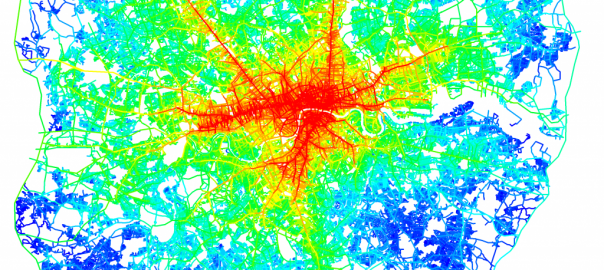
How economic flows and bottlenecks affect urban growth When we encounter a contradiction, it’s very likely that we are facing an unresolved “problem of organized complexity,” to paraphrase Jane Jacobs. Such is the situation with the crisis of urban home affordability and NIMBYism, where everyone agrees that the supply of...
0 Comment(s)Join our Conversation
3 April 2023

Over the last few months, the metaverse has captured the attention of many professionals, including urban planners. While some may fear a Spielberg-like scenario where we stop caring for our physical world, we can also think of the metaverse as a gateway to inclusion ― where most people could help...
0 Comment(s)Join our Conversation
27 March 2023

I spent the last few years working on and off on a book that I tentatively titled Who Was That Major Deegan Anyway? That title reflected the book’s origin story. My husband Allen and I used to get stuck in traffic on the Major Deegan every time we tried to...
2 Comment(s)Join our Conversation
18 March 2023

The Harrisons (Helen Mayer Harrison (1927-2018) and Newton Harrison (1932-2022)) are widely acknowledged as pioneers in bringing together art and ecology into a new form of practice. They worked for over fifty years with biologists, ecologists, architects, urban planners, and other artists to initiate collaborative dialogues. The works they made...
0 Comment(s)Join our Conversation

